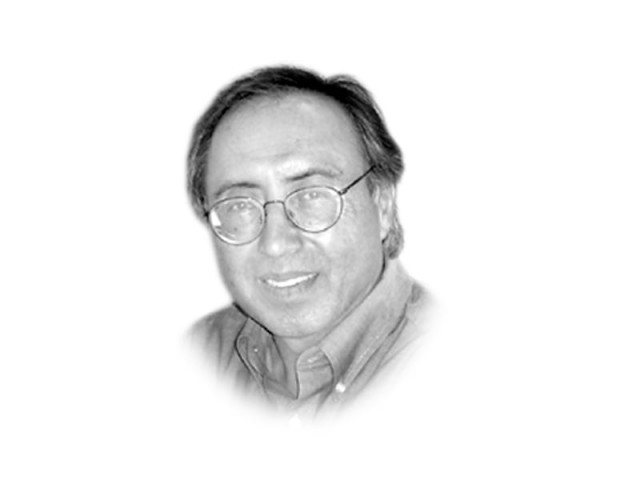Balochistan is burning
The Balochistan issue has not reached a stage of no return yet, but will fast slip out of our hands.

There are reports of young Baloch, mostly students from schools and colleges drawn to the idea of a grand historical Baloch dream, who are found missing by their family and friends — with some of them missing for years. More horrific are the scenes of tortured and mutilated bodies of young Baloch men dumped on the roadside, apparently to send a message to the community.
Baloch leaders are not alone in openly saying that the security forces are responsible for this state of affairs. Human rights organisations, the media and civil society activists have been saying this for a long time. The hearing in the Supreme Court is a welcome sign for the Baloch people and for those who believe in peaceful resolution of conflicts. But that is not enough and it does not offer a solution. The case of missing persons — an intervention that the SC made nearly six years ago — that provoked the generals to fire the chief justice, is yet to produce significant results.
What is the problem in Balochistan and how can we resolve it peacefully is a question that Pakistan’s ruling political parties and persons must have addressed from the day General (retd) Pervez Musharraf, the architect of three wars — Kargil, Fata and Balochistan — was shown the door. He actually started the war in Balochistan when he responded to the Baloch unrest by employing military means rather than addressing the causes of unrest and uprising. In one of his public speeches, he remarked “the Baloch wouldn’t know what hit them”. Anybody familiar with Baloch tradition and culture would know that the Baloch, priding in honour, would never take threats and humiliation lying down. Whatever the official, security-driven narrative is of the unrest in Balochistan, Baloch activists and leaders have hardly any respect for it or care about it. Period.
The Baloch estrangement and resistance has grown quite deep and listening to what has provoked some to take up arms and others to stay out of the political process will be the beginning of a dialogue. It is a good sign that some Baloch leaders are willing to talk. Sardar Akhtar Mengal, a former chief minister of the province, is the latest in presenting the Balochistan case. I have not heard such a concise and candid statement of the problem with an implicit interest in dialogue.
His six points can be the starting point of restoring trust of the Baloch in the federation. These are: ending of overt and covert military operations, recovery of missing persons, disbanding of proxy death squads, non-interference in the functioning of Baloch political parties, trial and prosecution of those responsible for the disappearances and murders of Baloch leaders and activists, and rehabilitation of displaced Baloch persons.
Denial of a problem in Balochistan and blaming outside agencies for the trouble, offers no hope. Rather, this mindset will keep the Baloch fighting and dying with deeper anger against the centre and security forces. Baloch, like any other alienated group anywhere in the world, will seek foreign support and find an abundance of it, given Pakistan’s absolutely irrational, wrong and unworkable foreign policy options within the region. The Balochistan issue has not reached a stage of no return yet, but will fast slip out of our hands. The Baloch are seeking justice, a fair deal, empowerment and autonomy. The first step to reach out to them will be to bring the kidnappers, torturers, murderers and usurpers of Baloch rights to justice.
Published in The Express Tribune, October 2nd, 2012.












COMMENTS
Comments are moderated and generally will be posted if they are on-topic and not abusive.
For more information, please see our Comments FAQ